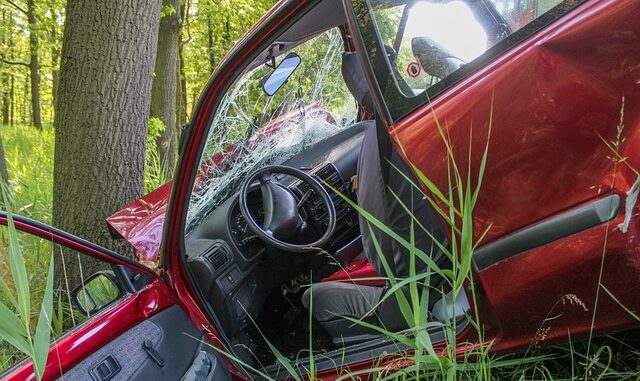
Car accidents are disruptive and disorienting experiences. In the aftermath of a collision, your focus is likely on safety and getting medical attention if needed. However, it’s important not to overlook your personal belongings left in the vehicle. This guide will walk you through the process of retrieving your belongings after a car accident in Ontario.
Immediate Steps at the Accident Scene
- Prioritize Safety: If possible and safe to do so, gather your belongings before leaving the scene. This is the easiest and quickest way to ensure you have everything.
- Document the Scene: Take photos or videos of the accident, including your belongings inside the vehicle. This can be helpful for insurance claims or if any items go missing.
- Inform the Police: Let the responding police officers know you have belongings in the car. They can assist you in retrieving them or document the situation.
When Your Car is Towed
In many cases, your vehicle will be towed from the accident scene. Here’s what to do:
- Identify the Tow Company: Obtain the name and contact information of the tow company from the police or your insurance company.
- Contact the Tow Company: Call the tow company as soon as possible to inquire about your belongings. They may allow you to pick them up directly from their storage facility.
- Arrange a Time: Schedule a time to retrieve your belongings. Be prepared to provide proof of ownership of the vehicle, such as your driver’s license and registration.
- Inspect Your Belongings: When collecting your belongings, carefully inspect them for any damage or missing items. Note any discrepancies and inform the tow company and your insurance company.
When Your Car is Impounded
If your car is impounded by the police, the process for retrieving your belongings may be slightly different:
- Contact the Police: Get in touch with the police department that impounded your vehicle. They will guide you on the procedures for retrieving your belongings.
- Provide Documentation: You may need to provide proof of ownership and identification.
- Schedule a Retrieval: Arrange a time to visit the impound lot and collect your items. The police may have specific rules about when and how you can access your vehicle.
Dealing with Damaged or Missing Items
If your belongings are damaged or missing, take the following steps:
- Notify Your Insurance Company: Inform your insurance company about any damaged or missing items. They can advise you on whether coverage applies and how to file a claim.
- Contact the Tow Company or Police: If you believe the damage or loss occurred while your vehicle was in their custody, notify them immediately. They may have a process for addressing such issues.
Additional Tips
- Inventory Your Belongings: Make a list of the items in your car before an accident occurs. This can help you remember what to look for when retrieving your belongings.
- Secure Valuables: If possible, remove valuable items from your car before leaving it unattended.
- Act Quickly: The sooner you retrieve your belongings, the less likely they are to be misplaced or damaged.
What if I Can’t Retrieve My Belongings Myself?
If you’re unable to collect your belongings due to injuries or other circumstances, you can authorize someone else to do so on your behalf. Provide them with written authorization and a copy of your identification.
Key Takeaway
Retrieving your belongings after a car accident in Ontario is a straightforward process if you know the right steps to take. By acting promptly and following the appropriate procedures, you can ensure your personal items are returned to you safely.
